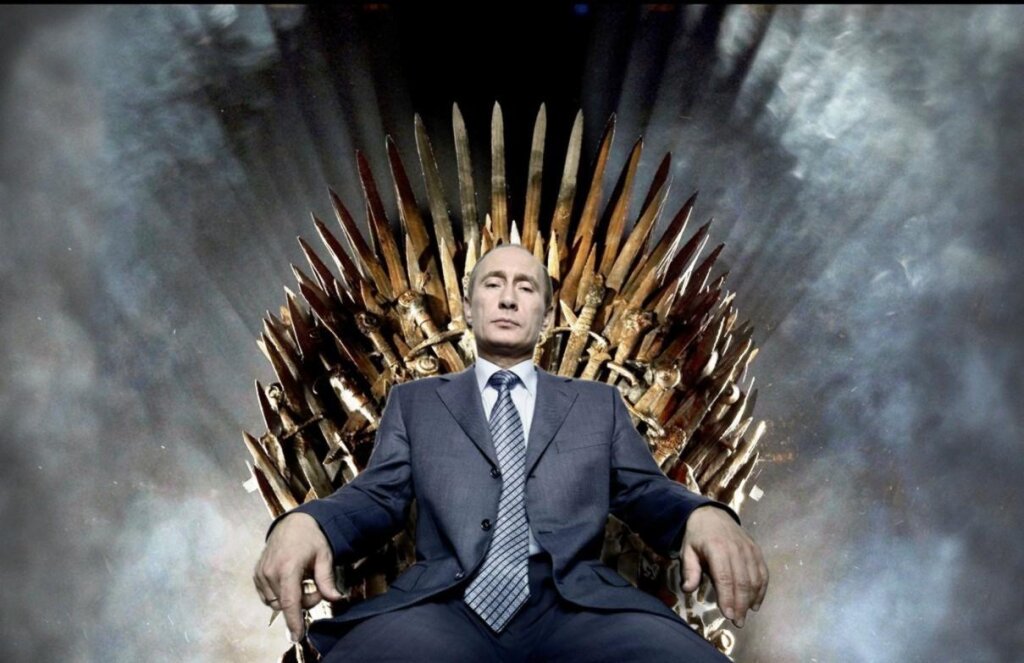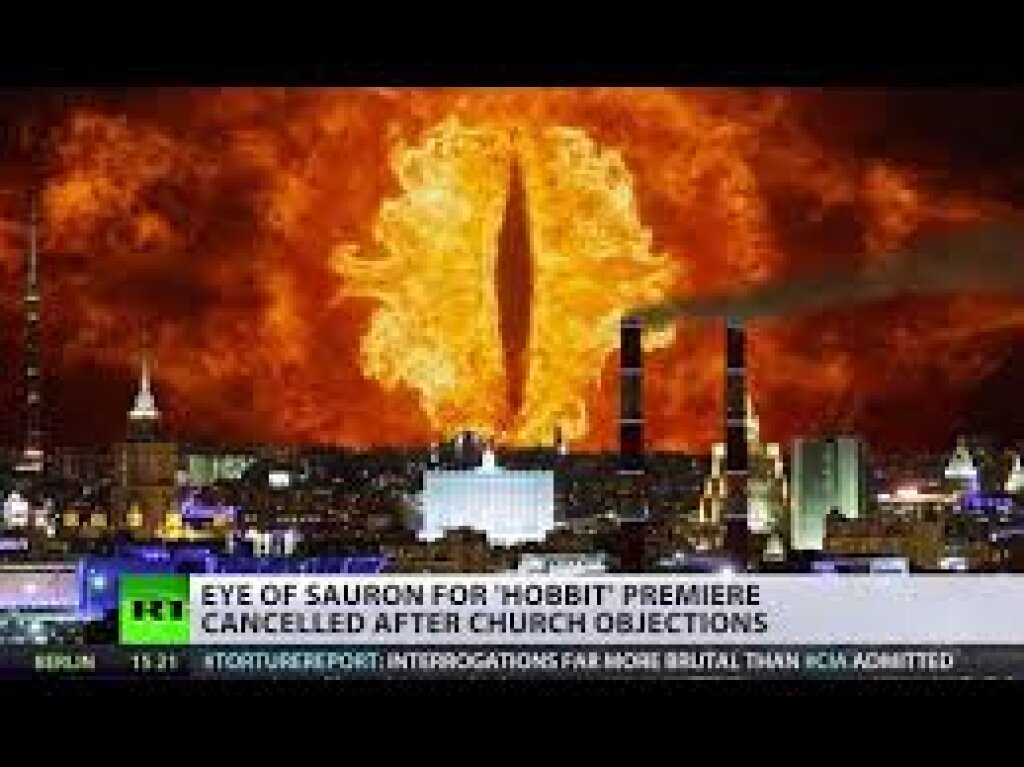Peter Rutland is Professor of Government at Wesleyan University.
This post originally appeared on Transitions Online.
The poisoning of Aleksei Navalny is a grim reminder that Russian politics seems to operate by its own set of rules.
Poisoning is a particularly cruel way to die – more so than simply being gunned down in the street (a fate which has also struck several Russian opposition figures in recent years.)
As medievalist Yvonne Seale notes, “poison is such a useful political weapon because it can kill effectively—and because even the suspicion of its use can spread fear and mistrust among your political opponents.”
Sadly, that logic still seems to apply to 21st century Russia.
Even if Vladimir Putin did not personally order these killings, he could have done more to try to prevent them from happening. Why does Putin apparently sees poisoning as a legitimate political tool?
Some would blame the Soviet era, pointing to Putin’s 17 years’ service in the KGB. The KGB used poison as a discreet but effective way to remove critics who were living overseas. For example, in 1957 KGB defector Nikolai Khokhlov was poisoned with thallium in Frankfurt (he survived); in 1978 Bulgarian writer Georgi Markov died after being injected with ricin on Waterloo Bridge in London.
Most biographers of Vladimir Putin report that he decided to become a spy after watching the 1968 TV series Shield and Sword, depicting a Soviet double agent at the heart of the Nazi regime. In 2010 Putin sang a song from Shield and Sword, “With what does the Motherland begin?”, when he met 10 Russian spies recently deported from the US.
However, there is another cultural influence on Putin which has been barely noticed in the English-speaking world. In the 1950s French conservative and Resistance hero Maurice Druon wrote a series of novels The Accursed Kings depicting the struggle for power in 14th century France. The books were translated into Russian, and, since few contemporary Western works were available in the Soviet Union, they became a sought-after item.
It turns out that Vladimir Putin was also an enthusiastic reader of The Accursed Kings. Years later, in 2003, during his first state visit to Paris as Russian president Putin visited Druon at his home in Bordeaux. Putin met him again in his Paris apartment just a year before his death in 2009.
Much ink has been spilt on possible intellectual influences on Putin – with Alexander Dugin or Ivan Ilyin being the most commonly cited authors. But in reality there is little evidence that Putin actually engages with them as thinkers. Much more important, arguably, in shaping his world view are the novels and television that he absorbed as a teenager.
Druon’s work inspired George Martin’s fantasy novels, A Song of Ice and Fire, that became the hit TV series Game of Thrones. Martin wrote in an introduction to a 2013 edition of The Iron King “Believe me, the Starks and the Lannisters have nothing on the Capets and Plantagenets. It is the original game of thrones.”
The historical “Iron King” was Philip IV, a ruthless ruler who turned France into a centralized state and destroyed the Knights Templar, the 14th century equivalent of the oligarchs, in a 1307 purge. One critic said of him: “He is neither human nor beast. He is a statue.” (A role model for Putin, perhaps?)
Although Putin’s enthusiasm for The Accursed Kings has gone largely unnoticed, Game of Thrones has attracted some attention from political scientists, keen to use it to model the intricacies of coalition politics and strategies for seizing power.
Although Game of Thrones was the most popular TV show in Russia in 2019, Putin himself did not watch it. Russia invested $20 million into making its own version, Viking (2016), a movie about Prince Vladimir, the founder of Kievan Rus. Putin attended the official opening: stressing the “1000 year history” of Russia is an important part of the new nationalist narrative that has been crafted under Putin’s rule. The movie was partly filmed in a Viking theme park constructed in occupied Crimea. (It was Crimea where Vladimir converted to Christianity in 988).
Game of Thrones features over a dozen poisonings. Likewise The Accursed Kings: the third volume, The Poisoned Crown, focuses on the poisoning of Louis X. Poison was commonly used in medieval Europe to clear a path to power. For example, Dmitrii Shemyaka, Grand Prince of Moscow, was poisoned by his own cook in 1453, on the orders of his Muscovite rivals. Henry of Flanders, the second Latin emperor of Constantinople, may have been poisoned by his own family in 1216.
Poisoning was also prominent in the last days of Tsarist Russia: Rasputin ate poisoned cake in 1916, and Alexander Ulyanov (Lenin’s elder brother) tried to kill Tsar Alexander III with a poison-laced bomb in 1887.
But who would have thought that such practices would return to world politics in the 21st century?



